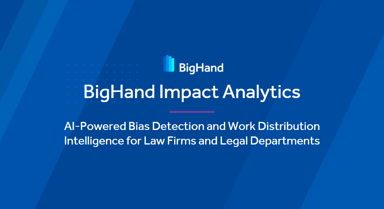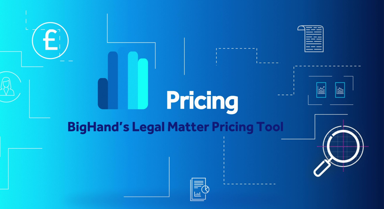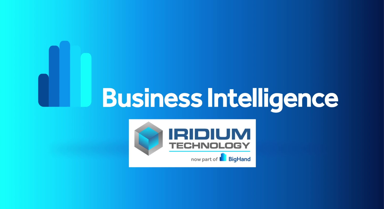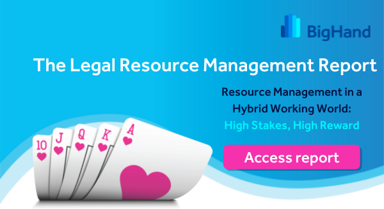Video Transcript:
Catherine Krow:
I am Catherine Krow, I'm the founder of Digitory Legal. I'm going to be talking today about how to get a well-scoped litigation budget, but also about why it's important. So drilling down on this problem, and managing this problem requires some upfront information about at least three things.
The first is scope and what I mean by that are, what are the assumptions behind the numbers. Defining the variables is the only way to really compare apples to apples, but it also is a way to get metrics, like cost per task, that you can use to anchor your budget when circumstances change, and inevitably they will.
The second element is staffing. You want some visibility into who is doing what, and this is about two things. Quality, are you getting those high-level strategic people at the points that you want them. But also efficiency, are lower cost resources being used where they should be.
And the third element is supervision. How are those expectations filtered down at a task and timekeeper level, so that the people who are doing the work, understand how much time they should be spending on each task? That’s supervision.
Well, step one is to go beyond the uniform task-based management system codes. And if you take nothing else away from this today, take that. That's not enough detail, in my opinion, these codes suffer from a couple of core problems. The first one is that these buckets are just too big and I start with depositions as the key example because first, that's a really big bucket. Second, it's one of those places where assumptions and reality often diverge, so it's particularly important to get your cost per task or unit costs in this area. And third I focus on depositions because this is some key evidence. It really matters how this is done.
So to start I would recommend breaking down depositions into taking, which I think is up top in the box, and versus defending. Understanding what kinds of depositions you're getting and what number in the budget, is important. You want to know who's doing what for a couple of reasons. First, are you comfortable with associates doing these roles? Is that from a quality and strategy perspective okay with you? If you want an accurate budget, this is where the rubber meets the road.
So when you want an accurate budget, you can't just think of it coming down, you've got to build it from the bottom up. If you want to manage to budget somebody along the line ought to be thinking in some of these terms. Who is doing what and for how long? All of that are the cornerstones, in my opinion, to successful alternative fee initiatives. Pricing arrangements that work for both sides of the equation, law firms and clients, and that lead to lasting deeper relationships.






